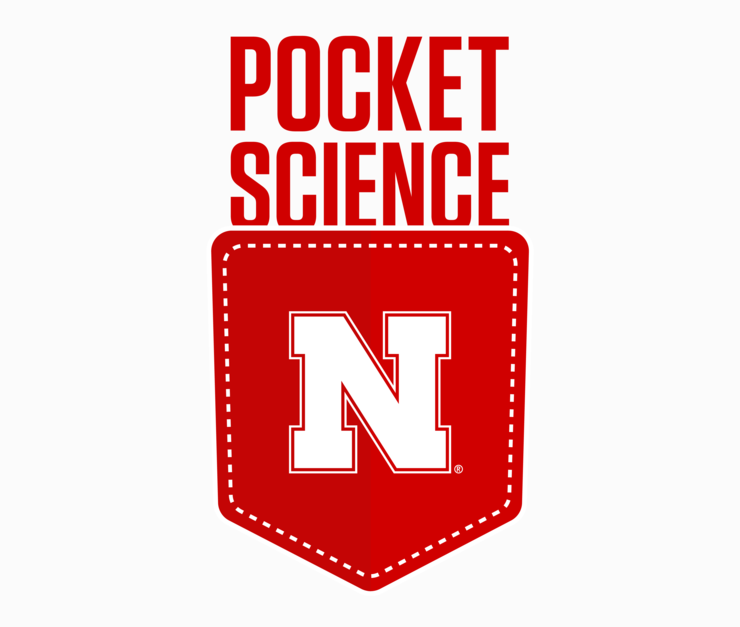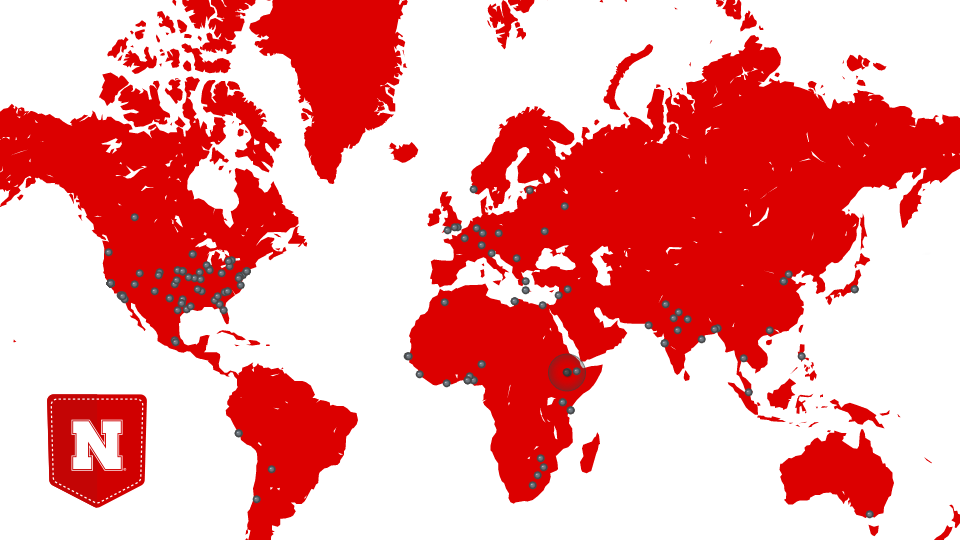Scott Schrage, August 24, 2021
Institutional repositories help democratize access to older research
Welcome to Pocket Science: a glimpse at recent research from Husker scientists and engineers. For those who want to quickly learn the “What,” “So what” and “Now what” of Husker research.

What?
Though older scientific literature contains seminal theories, discoveries and methodologies that have shaped the contemporary landscapes of many research fields, that research often becomes less accessible as it ages.
Those few who can access it — whether by checking it out from a university library collection or purchasing it at discounts from publishers — are often able to do so because of their physical proximity to it. That can skew access toward people living in relatively developed countries, creating and perpetuating a cycle of information inequity.
So what?
Sue Ann Gardner, Paul Royster and Linnea Fredrickson help manage the University of Nebraska–Lincoln’s Digital Commons, a globally recognized online repository whose 119,000-plus full-text entries have been downloaded more than 74 million times since 2005.
The trio decided to examine the potential value of republishing scientific literature in institutional repositories, using the Digital Commons at Nebraska as a case study. To do it, the Husker team analyzed the number and location of downloads from four series of research literature: Insecta Mundi, Nebraska Bird Review, Transactions of the Nebraska Academy of Sciences, and research materials from the University of Nebraska State Museum.
As of late February 2021, the 3,859 entries in those four series had been downloaded more than 1.25 million times — about 325 times per item. Roughly 31% of those downloads, which spanned all seven continents, originated from countries designated as either low- or middle-income by the World Bank.
Now what?
The findings suggest that continuing to make older research literature freely available via the online repositories of universities and colleges can help expand and democratize access to that research, the team said.






